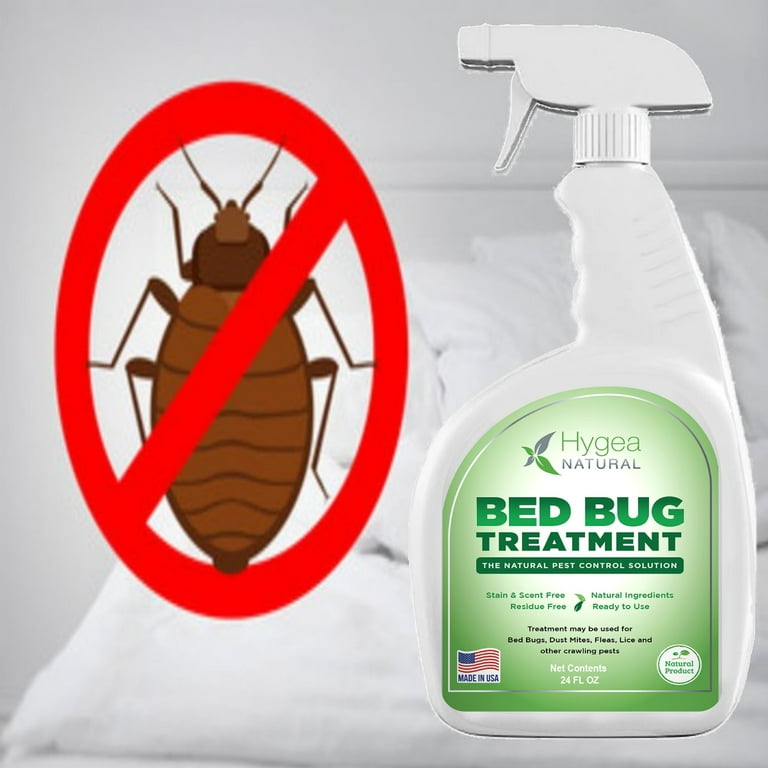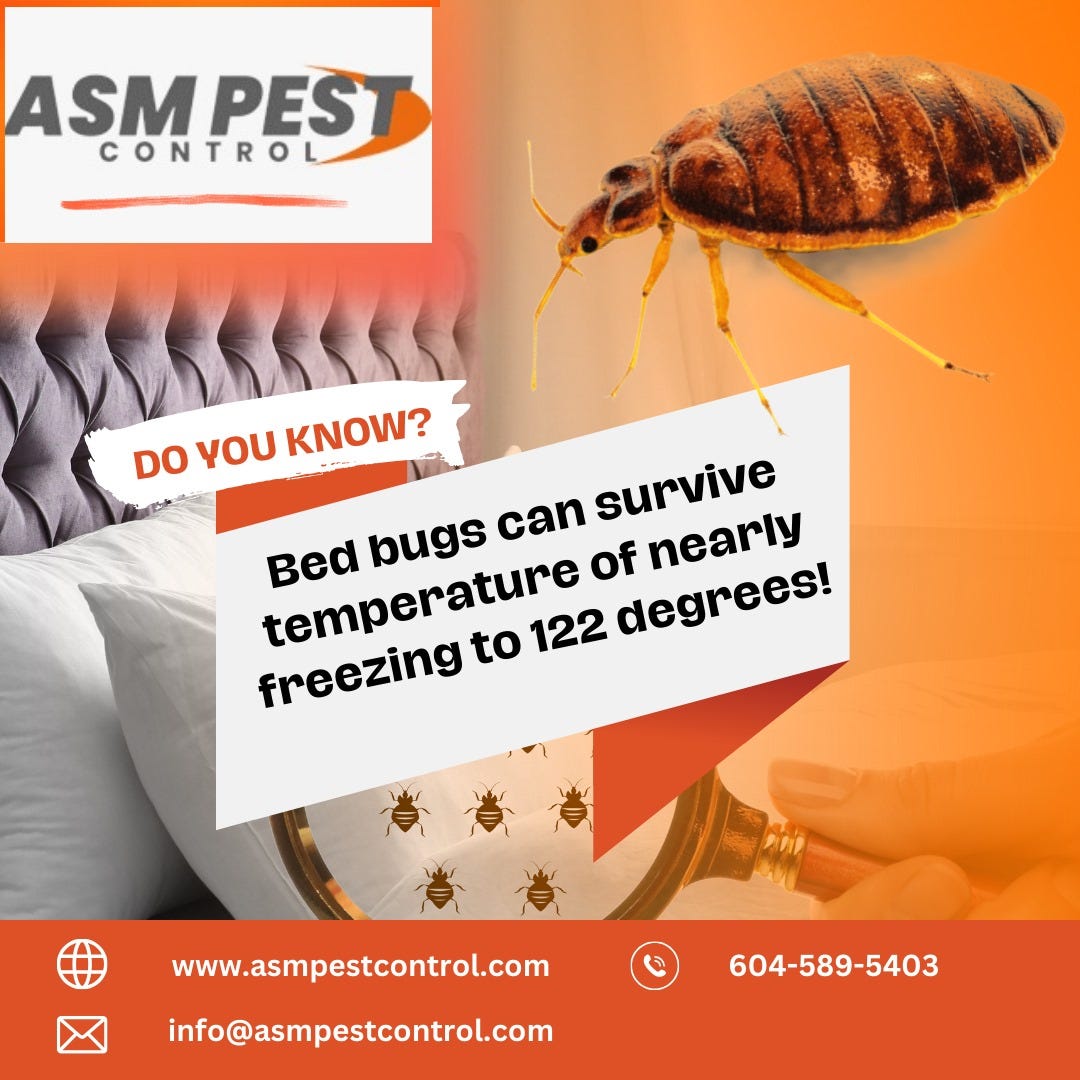Comprehensive Kings Bug Control Services Cincinnati OH
Wiki Article
A Breakdown of the Various Kinds Of Bug Control Solutions
In the realm of parasite control, a wide variety of techniques exist to attend to and combat the visibility of unwanted creatures. From the traditional use of chemical pesticides to a lot more cutting-edge biological control solutions, each strategy provides unique advantages and constraints. As we browse with the diverse landscape of parasite control solutions, recognizing the intricacies of each technique comes to be extremely important in determining one of the most effective program of activity. Stay tuned as we explore the nuanced globe of bug control methods and find just how each type plays a distinct function in guarding our settings.Chemical Pesticides
Chemical chemicals are generally used in insect control to efficiently eliminate a vast array of pests and other pests. These pesticides function by targeting the nerves of the pests, disrupting their regular functions, and ultimately leading to their demise. Making use of chemical pesticides has been a staple in the pest control industry for decades due to their performance and fast results.
Nonetheless, it is necessary to utilize chemical pesticides with care as a result of their prospective hazardous effects on the environment and non-target species. Incorrect application or overuse of these pesticides can bring about contamination, injury to useful bugs, and resistance growth in insect populations. It is essential to comply with safety standards and regulations when making use of chemical pesticides for bug control.
Biological Control Approaches
Thinking about the potential environmental effects and threats related to chemical pesticides, organic control methods provide an even more lasting approach to handling bug populaces. Biological control includes using all-natural opponents, such as parasites, predators, and microorganisms, to subdue parasite populaces. This method is usually more targeted, influencing only the particular parasite types while minimizing damage to helpful pests, humans, and the setting.

One benefit of biological control is its long-term efficiency. Once established, all-natural opponents can help regulate pest populaces continuously without the requirement for repeated applications of chemicals. Additionally, organic control is usually a lot more economical and can help decrease chemical resistance in bug populations call pest control with time. On the whole, organic control methods supply a environmentally pleasant and sustainable remedy to pest monitoring.

Mechanical Parasite Control
Mechanical insect control entails the physical adjustment or elimination of bugs to manage their populations effectively. One common instance of mechanical parasite control is making use of catches to catch bugs or rodents.
Another mechanical approach is the usage of obstacles such as internet, screens, or fences to obstruct pests from going into specific locations. By physically avoiding pests from accessing an area, the probability of infestations or damages can be substantially minimized. Furthermore, manual approaches like handpicking bugs off plants or frameworks can be effective for smaller-scale infestations.
While mechanical bug control approaches can be labor-intensive, they use a non-chemical option that address can be sustainable and eco friendly. By targeting parasites directly, mechanical control strategies can help maintain insect populaces in check without depending on chemicals.
Natural Treatments
Utilizing natural solutions for bug control offers a sustainable and eco-friendly technique to taking care of bug populations without turning to chemical treatments. Natural treatments entail using materials derived from plants, minerals, or various other normally occurring sources to deter or get rid of parasites. Growing specific herbs like basil, mint, or lavender around your home can drive away insects due to their strong fragrances. Diatomaceous earth, a powder made from fossilized algae, can be utilized to battle insects like ants, roaches, and bed bugs by dehydrating their exoskeletons.Furthermore, essential oils such as tea tree oil or neem oil have insecticidal buildings that can properly regulate parasites while being secure for the atmosphere. One more natural remedy is presenting valuable bugs like ladybugs or praying mantises to your garden to prey on harmful parasites. By including these natural services right into parasite administration techniques, individuals can lower their dependence on synthetic chemicals and advertise a much healthier, much more balanced ecological community.
Integrated Bug Administration
Integrated Pest Monitoring (IPM) is a detailed method that combines numerous techniques to properly manage pest populations while decreasing dangers to human wellness and the atmosphere. IPM involves the assimilation of multiple parasite control techniques such as organic control, habitat adjustment, adjustment of social practices, and making use of resistant plant varieties. By making use of a combination of these methods, IPM aims to minimize reliance on chemical pesticides, which can have unfavorable impacts on ecological communities and human health and wellness.One key aspect of IPM is the focus on prevention. By carrying out actions to avoid pest infestations prior to they happen, such as maintaining appropriate sanitation and securing access factors, the demand for reactive bug control measures is lessened. Surveillance and regular assessments play an important role in IPM, permitting for very early detection of insect problems and punctual treatment.
Conclusion
In verdict, the different types of insect control solutions offer an array of choices for efficiently managing parasite problems. Biological control methods use natural predators to check that regulate bugs. Integrated Insect Management incorporates numerous techniques for a holistic strategy to pest control.Chemical chemicals are typically used in parasite control to efficiently remove a vast variety of insects and various other insects.Mechanical pest control entails the physical manipulation or elimination of insects to manage their populaces effectively (Kings exterminator cincinnati).Making use of natural solutions for insect control supplies a green and sustainable technique to managing bug populaces without resorting to chemical interventions.Integrated Parasite Management (IPM) is a detailed approach that combines numerous strategies to successfully control pest populaces while decreasing risks to human wellness and the setting.In conclusion, the different kinds of pest control solutions provide an array of alternatives for efficiently taking care of bug problems
Report this wiki page